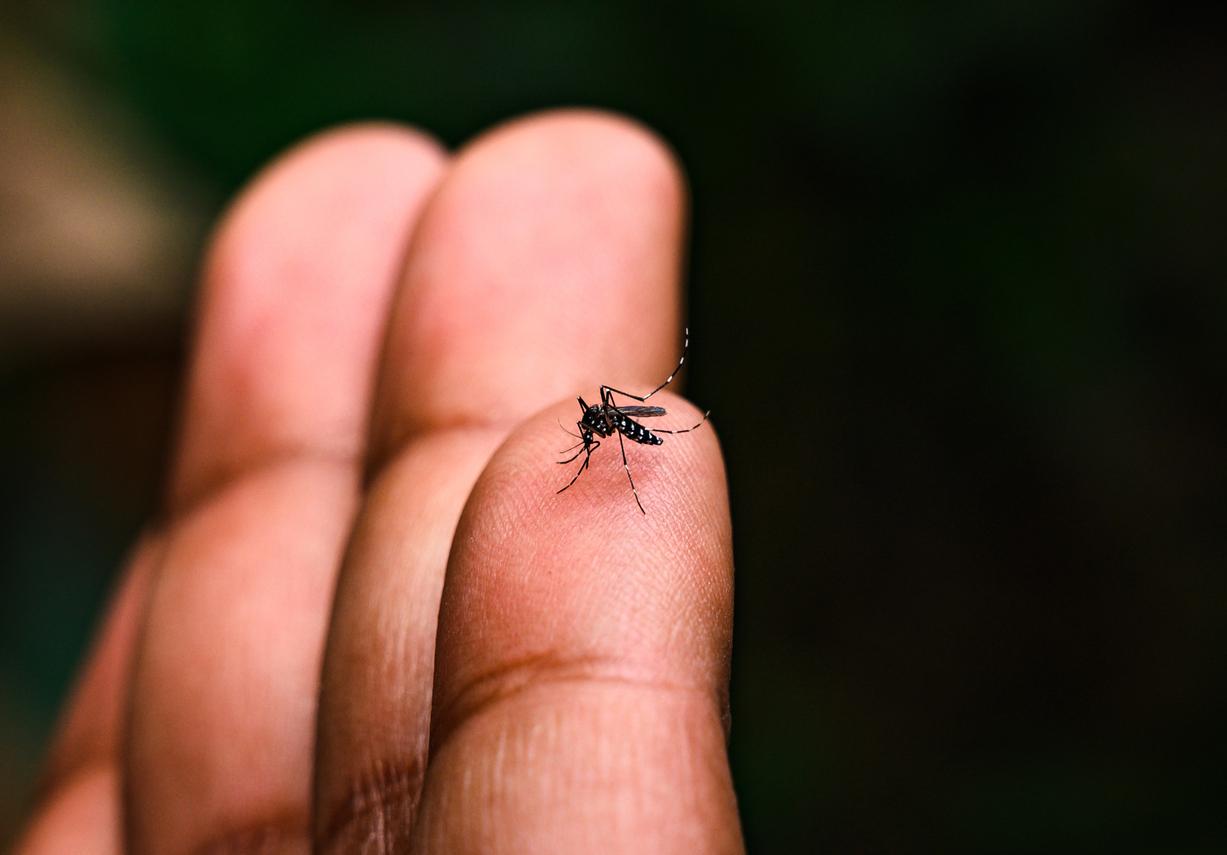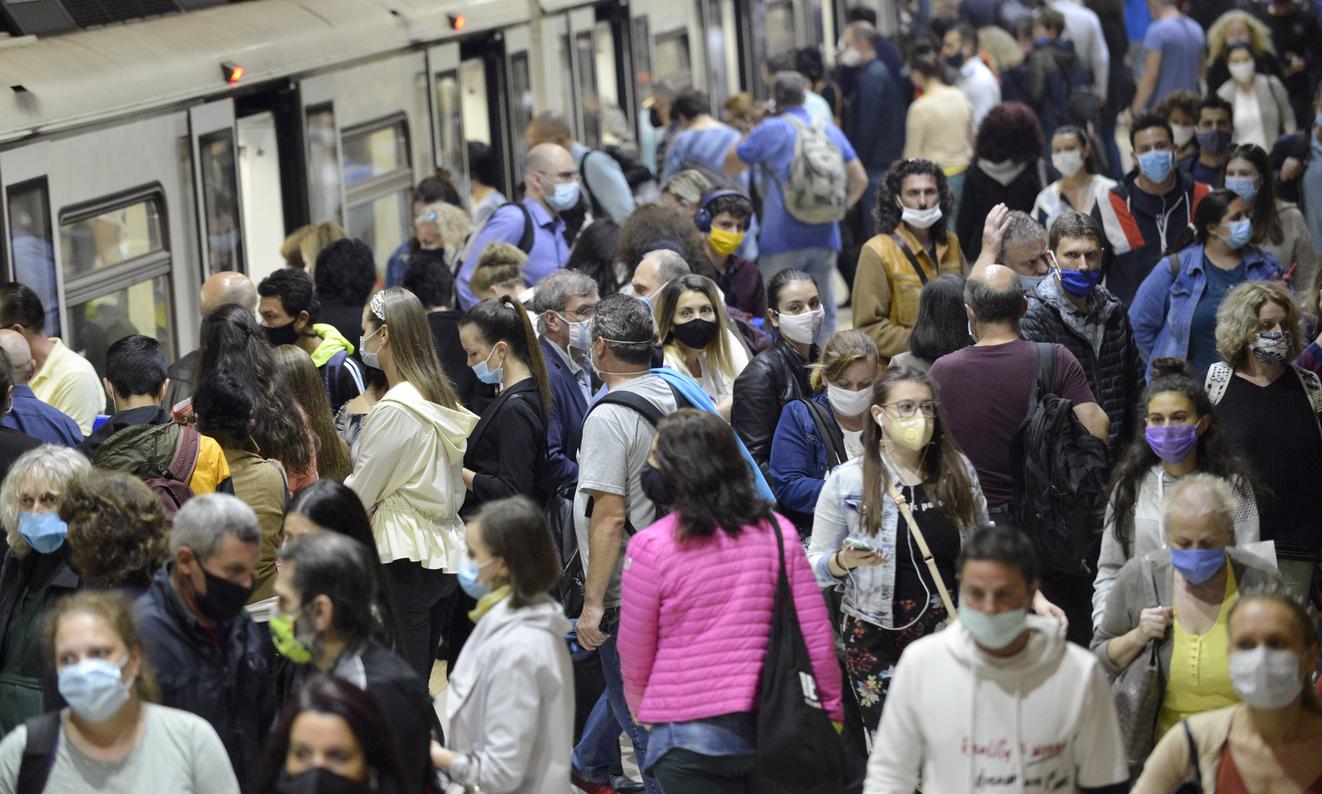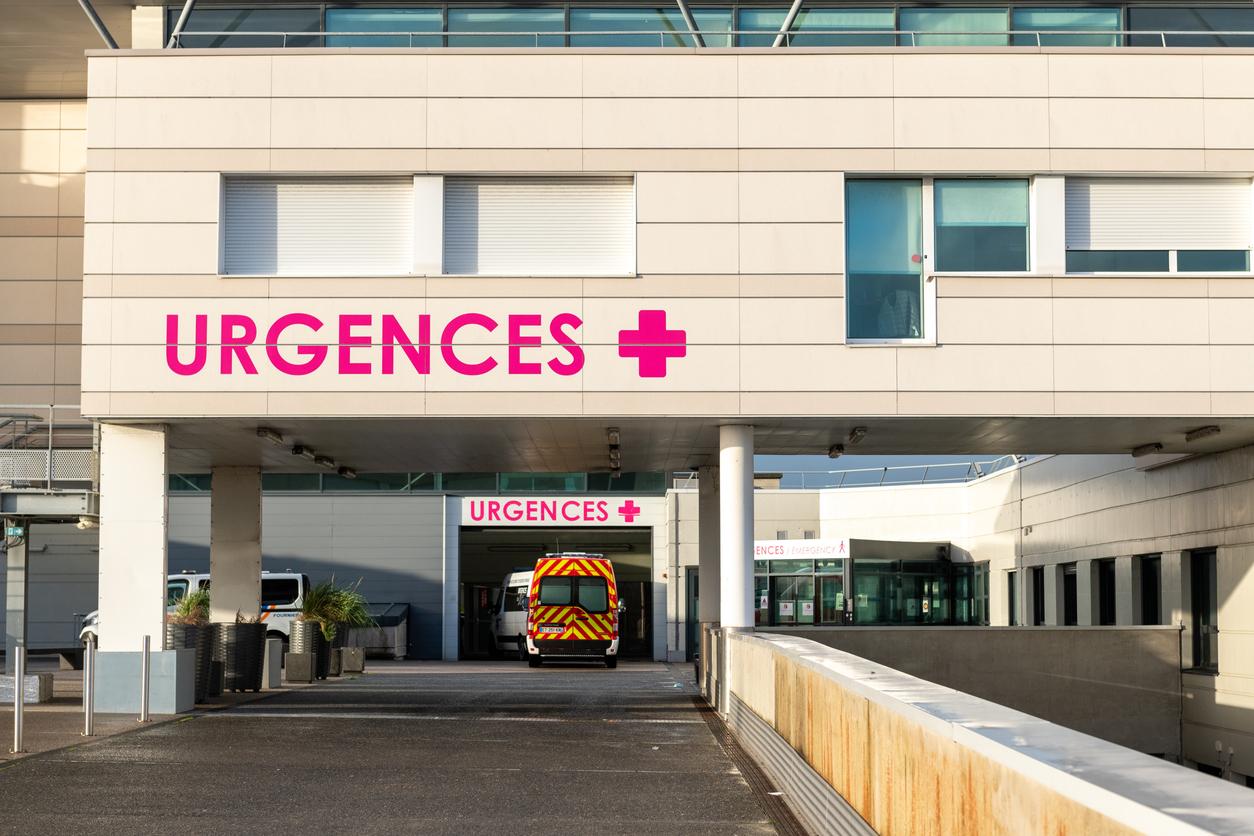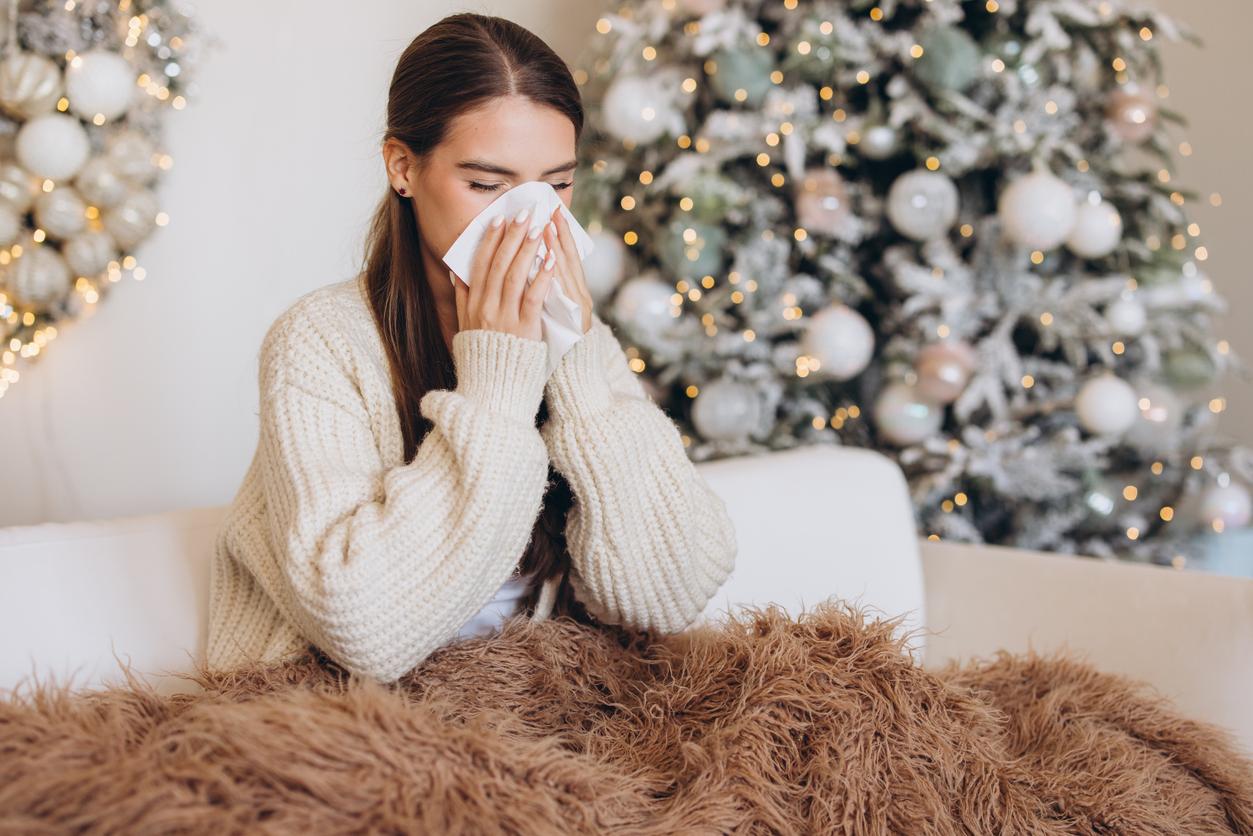
A few hours from the new government announcements, the trail of confinement in Île-de-France and Hauts-de-France at the weekend is looming. But is this strategy paying off?
At a press conference on Wednesday, the government spokesman announced that “In the coming hours, consultations will be conducted by the State with local elected officials in the Ile-de-France and Hauts-de-France regions and in the departments which are adjacent to these regions to share the state of the situation current “. Emmanuel Macron also warned during a trip to the Yvelines, that he would be ready to make the necessary decisions. But have these localized confinements had any effects on the health situation? For the moment, it is difficult to quantify the role of this weekend confinement on the Covid-19 data.
Mixed results
Since the introduction of weekend containment in the Urban Community of Dunkirk on February 27, the incidence rate has fallen by 24%. There is therefore a very clear decline in the coronavirus epidemic in the North, with 515 cases per 100,000 inhabitants against nearly 1,000 two weeks ago. In the Alpes-Maritimes, the incidence rate is also falling. With 446 cases recorded on March 17 against 642 per 100,000 inhabitants on February 24. The problem is that even if the curves decrease, they still remain high. This drop is not sufficient to bring down the new hospitalizations which are soaring. For example, Hauts-de-France, which is in the government’s sights, has a hospital pressure of 112% (source: CovidTracker).
I am often asked if weekend lockdown is effective. The Alpes-Maritimes and Pas-de-Calais were confined on weekends from February 26. If we look at the incidence rate (number of cases), we don’t see much in particular. (1 / n) pic.twitter.com/FKba9U1DAX
– GRZ – CovidTracker (@GuillaumeRozier) March 17, 2021
A confinement on weekends that does not convince the doctors …
The confinement only for two days in the week is not unanimous in the medical profession. Some argue for a return to total containment and on a national scale. “We must turn off the tap, that means cutting the number of new contaminations in the city”, affirmed Stéphane Gaudry at the microphone of BFMTV, professor of intensive medicine and intensive care at the Avicenne hospital in Bobigny, in Seine-Saint-Denis). “The only way we have for that, it is very unfortunate, it is to confine people”. Jean-Paul Mira, head of intensive care at Cochin Hospital (APHP) in Paris seems on the same wavelength. “I think that the nursing staff, in particular the resuscitators who have to take care of these patients, would like a heavier confinement. This is what we say to each other, and this is what was said to the president “.
… But who relieves the Executive
The President of the Republic met on Wednesday evening with a dozen mayors by videoconference in order to clarify the situation on the departments potentially targeted for confinement at the weekend. The objective of course is to curb the epidemic and drastically reduce the rate of hospitalization. The recording of this interview was relayed by France Blue. “I think that we have to think about having the most suitable and proportionate response, that it is very intelligible to our fellow citizens, to have measures where they find a little fresh air and to breathe while giving visibility over time, that’s clear “, said Emmanuel Macron.















